
Reckless Endangerment
How Outsized Ambition, Greed, and Corruption Led to Economic Armageddon
Read or listen offline
Amazon KindleRecommendation
The United States and the rest of the world are still feeling the effects of the economic crisis of 2008. But how did it all begin? According to New York Times Pulitzer Prize winner Gretchen Morgenson and her co-author Joshua Rosner, it all started with a government housing effort called National Partners in Homeownership and a Washington insider named James A. Johnson, the CEO of Fannie Mae. Rapacious Wall Streeters, sleeping watchdogs and unscrupulous businesspeople took it from there. This impassioned book might have benefited from fewer anonymous sources and a more even tone. It covers important and sometimes easily forgotten recent history in a sweeping – but not all-encompassing – explanation of what led the US to the edge of the abyss in September 2008. getAbstract believes that readers will appreciate this explanation of the ticking – and ultimately exploded – time bomb of subprime loans, mortgage-backed securities and collateralized debt obligations.
Summary
About the Authors
Gretchen Morgenson covers business affairs for The New York Times and received a Pulitzer Prize for her Wall Street reporting. Joshua Rosner is managing director of Graham Fisher and Company, a New York investment research firm. He was among the first analysts to identify accounting problems at the government-sponsored-enterprises and to warn of the credit crisis.










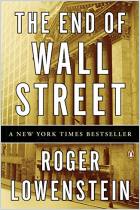
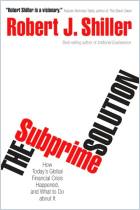
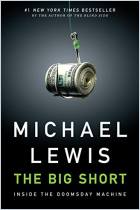
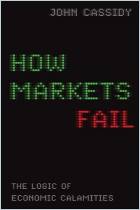
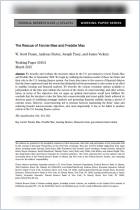





Comment on this summary or Comenzar discusión